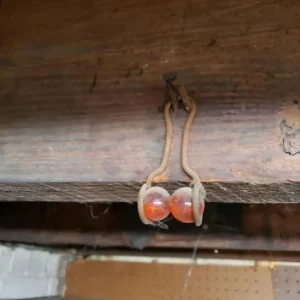In a heart-stopping moment at Blue Horizon, Neptune, the star orca, turned from performer to predator, attacking its trainer in front of a stunned audience. Witnesses described the chilling scene as the massive creature, once the highlight of the show, suddenly lunged at its handler, dragging them underwater in a violent breach of trust. The incident left spectators in shock and raised urgent questions about the ethics of keeping such intelligent, powerful animals in captivity. While trainers rushed to intervene, the damage was done—another grim reminder of the unpredictable nature of wild creatures forced into entertainment.
This shocking event is not an isolated case. Across the globe, a handful of orcas have broken script, turning carefully rehearsed routines into life-threatening confrontations. From Tilikum at SeaWorld to Keto at Loro Parque, captive orcas have shown aggression, sometimes with fatal consequences. Experts argue that these incidents stem from stress, confinement, and the unnatural conditions of captivity. Despite years of training, orcas—apex predators with complex social structures—retain their wild instincts, which can surface without warning in the artificial environment of a theme park.
The debate over orca captivity has intensified in recent years, fueled by documentaries like Blackfish and growing public awareness of animal welfare. Critics argue that no tank, no matter how large, can replicate the vast ocean or provide the mental stimulation these highly intelligent creatures need. Proponents of marine parks, however, claim that such facilities play a vital role in education and conservation, though incidents like Neptune’s attack undermine that argument. The emotional and psychological toll on orcas in captivity is increasingly difficult to ignore, as more people question whether the spectacle is worth the suffering.
As investigations into the Blue Horizon incident unfold, the future of orca shows hangs in the balance. Some parks have already phased out orca performances, bowing to public pressure and shifting attitudes toward animal rights. For Neptune and others like him, the path forward remains uncertain. Will this latest tragedy be the catalyst for change, or will the show go on—until the next inevitable breach of trust? One thing is clear: the line between entertainment and exploitation has never been so dangerously thin.




